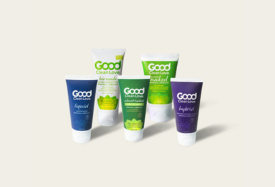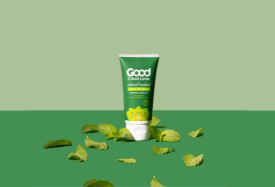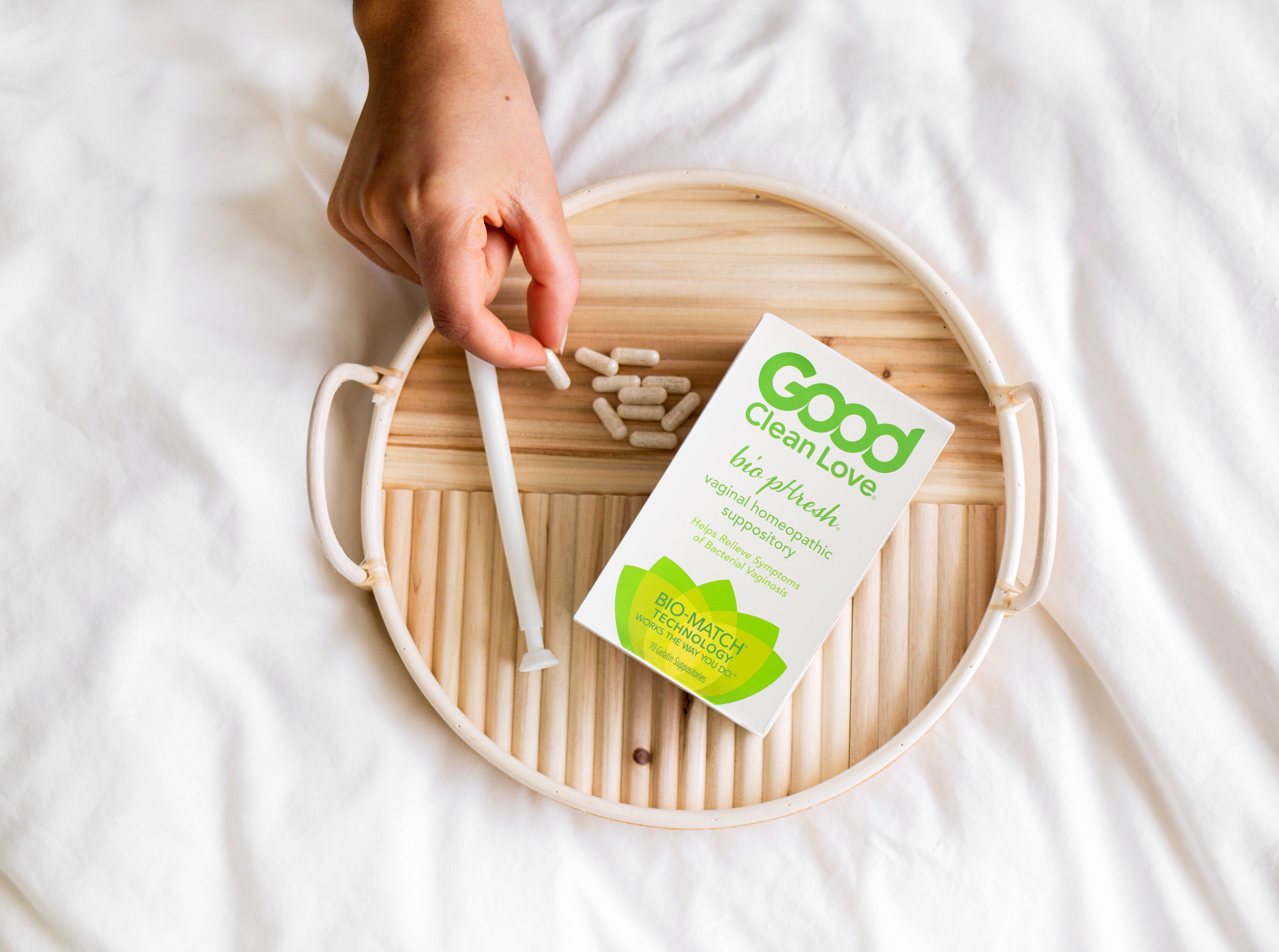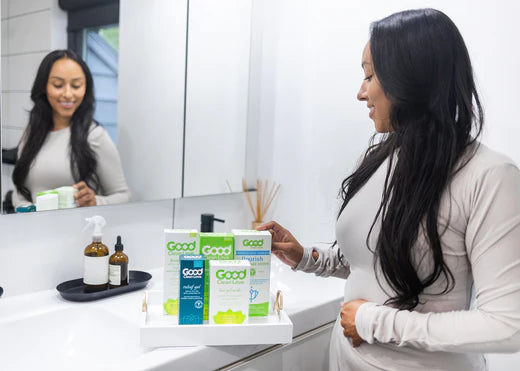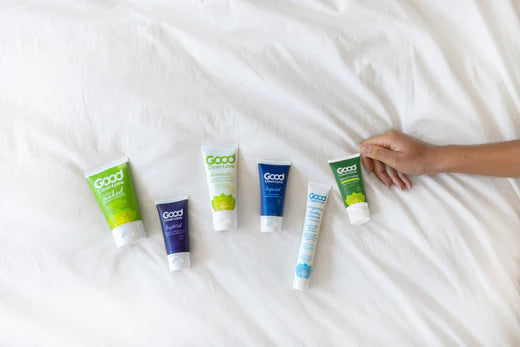One of the most common and painful interactions that I have with our customers is when they share their stories of long-term vaginal pain which has been ignored, misdiagnosed, and not believed by their health care providers. Likewise, many of the physicians I have come to know have their own stories of colleagues who transfer care of their difficult “hysterical” patients and don’t want to deal with women who persist in trying to find real solutions for their health. It was my own experience of being this patient many times that drove me to start Good Clean Love. I knew that my problems were not just in my mind. I knew that I was not imagining the bad reactions I had to their inadequate solutions. But not being believed or heard about my body took its toll. And my experience is far from unique, in fact it is systemic.
For much of documented history women have been excluded from medical and science research and understanding, creating a healthcare system, that like many other institutions in the world, are made by men for men. The origins of this discrimination and bias began when Aristotle referred to “the female as a mutilated male.” Most of the diagnosis for women for over a century was the catchall of "hysteria." It wasn’t until June 10th, 1993, when Congress passed the NIH Revitalization Act, that the inclusion of women was required in clinical research trials. No research on women’s health was ever funded by the NIH until that time.
Fast forward 30 years and research funding has not even begun to equalize. Of the nearly $42 billion the National Institutes of Health (NIH) spends on medical research each year, only approximately $5 billion of that funding is directed specifically at women's health. The extent of this inequity is outrageous when you consider that not only is research bias directed toward male diseases, but even within research studies almost all the cells and animals studied in medical science have all been based on male biology. Because the differences between male and female biology exist in every cell of the body, Dr. Janine Austin Clayton, Associate Director for Women’s Health Research at the NIH, told the New York Times that the result is: “We literally know less about every aspect of female biology compared to male biology.”
This lack of knowledge about women’s health shows up not only in common reproductive diseases like endometriosis, which on average takes 10 years to diagnose, but also puts females at higher risk of many of the most challenging conditions. These include autoimmune diseases that affect only 8% of the global population, but of those affected, 78% are women. Females are three times more likely to develop rheumatoid arthritis and four times more likely to be diagnosed with multiple sclerosis. Women are diagnosed with heart disease ten years later than men. These disease outcomes are exacerbated by the lack of funding in drug trials. Women are twice as likely to suffer from adverse drug outcomes than men.
(https://www.theguardian.com/lifeandstyle/2019/nov/13/the-female-problem-male-bias-in-medical-trials) Despite the changes to NIH policy, there has been no significant increases in reporting results by sex, race, or ethnicity.
This lack of funding, focus and attention of the nature of women’s health conditions makes no sense when you consider that in the US women are most of the population, represent 50% of the workforce, control 60% of all personal wealth are responsible for 80% of healthcare decisions for their families. (https://www.healthywomen.org/your-care/past-time-invest-womens-health) There is also extensive, hard evidence that for every increase in funding for women’s health conditions the payoff is in multiples, in health care dollars, quality of life, and longevity.
I was a young girl in the 1970’s when the conversations about women’s equality came center stage. Yet for all the gains women have made in athletics and career advancement, the fact that we still know so little about our health and wellbeing is a travesty. And it must change. Please join us in supporting Equal Research Day.


